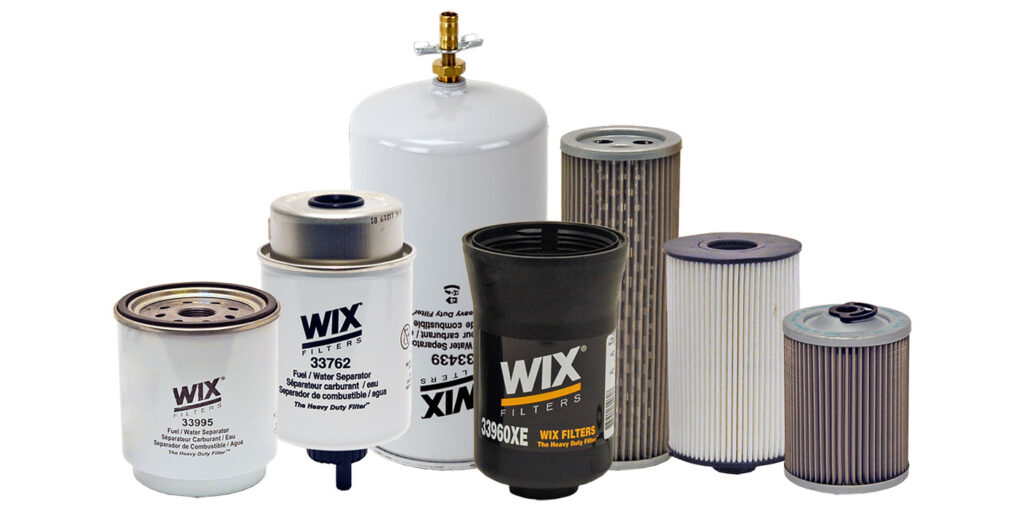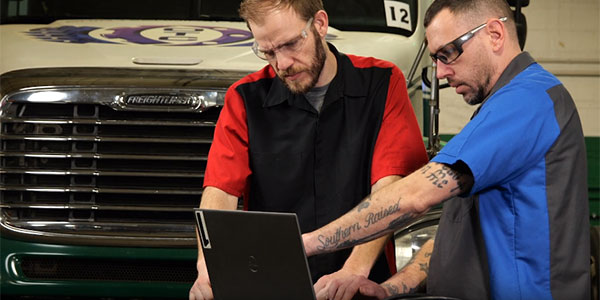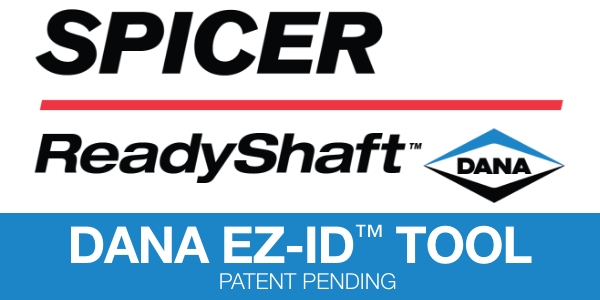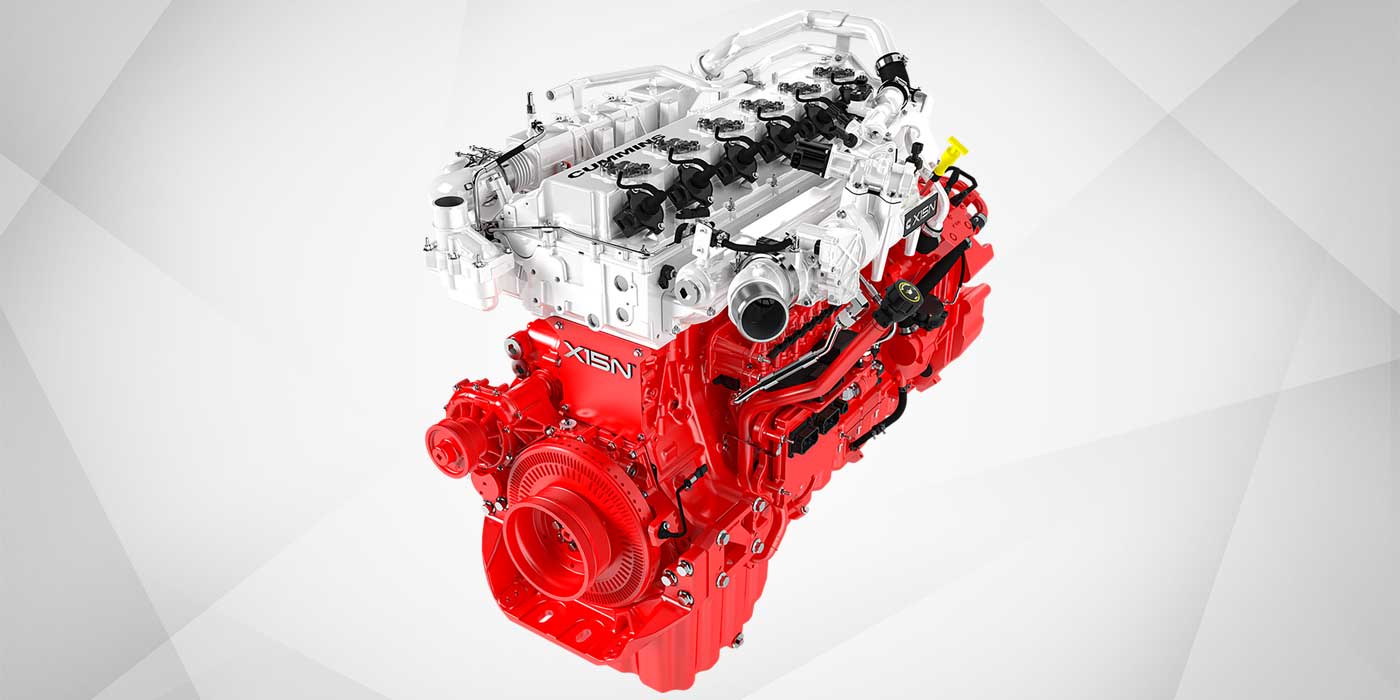Diesel fuel has grabbed fleet managers’ attention. As diesel prices spike, it’s important to keep a close watch on your fuel filters to ensure your trucks’ diesel engines are operating as efficiently as possible. Though it can seem straight forward (check the fuel filter, got it), fuel filtration maintenance gets … tricky.
“Fuel filtration is a very finicky area,” confirmed Donald Chilton, director, product management, WIX Filters. “The filter is doing its job by stopping contamination, water, etc. Most people either don’t drain the water fast enough or wait too long on their maintenance to change the filter before there is an engine performance issue. So be consistent in your fuel supply and maintenance schedules.”
That’s our first “Do”: be consistent. Often the biggest fuel filtration challenge is simply remembering to check it during PMs. And that’s our first “Don’t”: Do not overlook the fuel filter in the PM schedule. Sure, it’s not changed as often as an oil filter, but it’s no less important.
Another must-do, as Chilton alluded to earlier, is know your fuel supply.
“Different fuel sources treat the fuel filtration process differently. Some filter before the loading the tank, some use water absorbers, some filter at the pump and some do nothing,” he said. “Old fuel is always bad and water is one of the biggest problems today.”
So mark this under the “Do” category: Use the same fuel sources if possible.
Granted that can be difficult to do when your trucks are crossing the country and diesel prices continue to rise. So when you can’t control your fuel supply, you definitely do want to control your maintenance practices.
“Make sure to follow a maintenance schedule that works for your fleet,” Chilton recommended. “Try to use water absorbers if you are having water issues as these drop into the tank on the truck or at the supply point.”
Water is a major maintenance culprit because diesel fuel tends to pick up contaminants during storage and transportation. When those contaminants meet the water in the diesel fuel they make a muddy marriage of sludge that can cause all sorts of problems. Plugged up fuel injectors and carburetors means a loss of engine power, and potentially more catastrophic issues. Unfortunately, there’s not much fleet managers can do about the water in diesel. It’s just a certainty. Your best defense is a strong PM offense.
“You can’t see the water in fuel anymore like in the old days. Modern low sulfur fuels attract and hide water from view,” Chilton said. “You cannot see anything under 100 micron in size and we are trying to stop 2 to 3 micron particles from getting to the injector. Think about how small that is.”
Fun fact! Human hair is about 70 microns (give or take 20 microns) to give you some perspective. Two microns is the size of bacteria like e. coli. That’s small. Here’s your next “Don’t”: Don’t assume that the fuel filter is fine because it looks okay.
Part of your fuel filtration PM should be spec’ing a high-quality fuel filter. The primary fuel filter for any diesel engine should always be a fuel/water separator, as Chilton noted. Removing water with the separator ensures longer diesel injection system life and productive engine uptime. Additionally, there’s new filtration technology that keeps your truck engines running efficiently. WIX fuel filters feature new synthetic/cellulose media and Quickvent for improved particulate retention efficiency and water removal capabilities.
Click here to learn more about the WIX line up of fuel filters.














